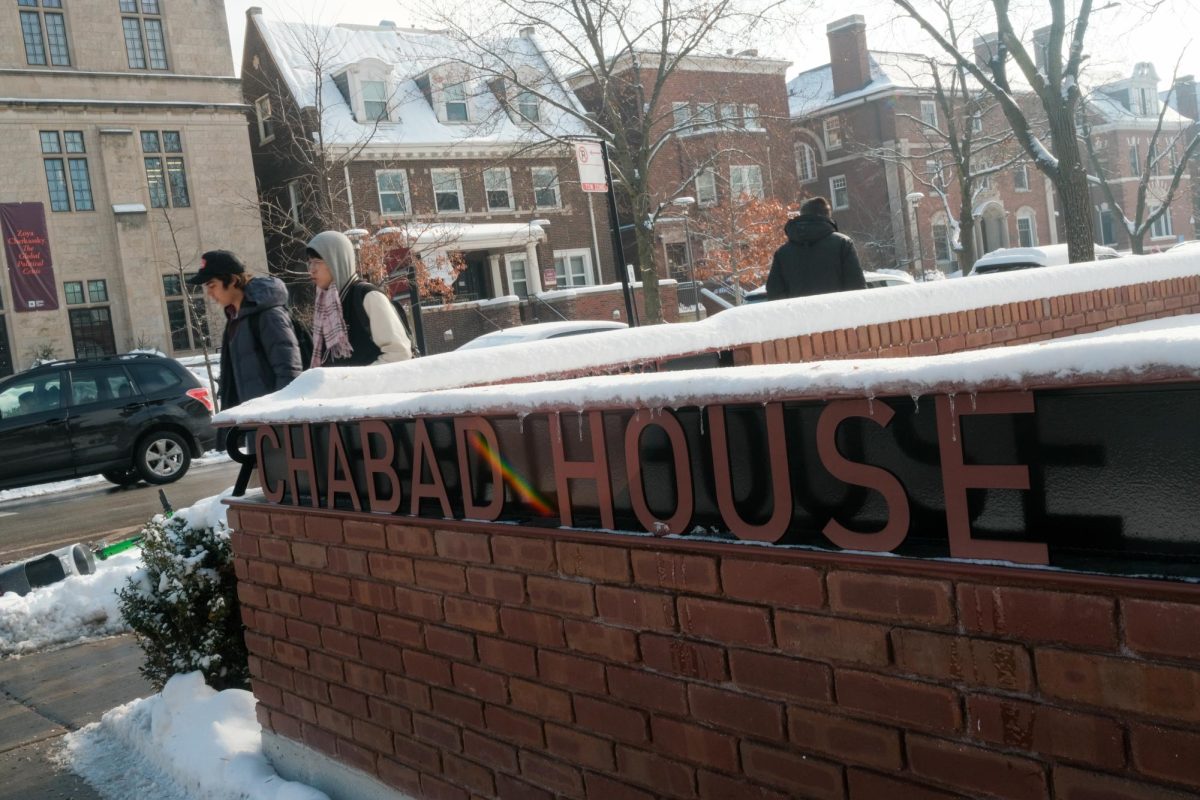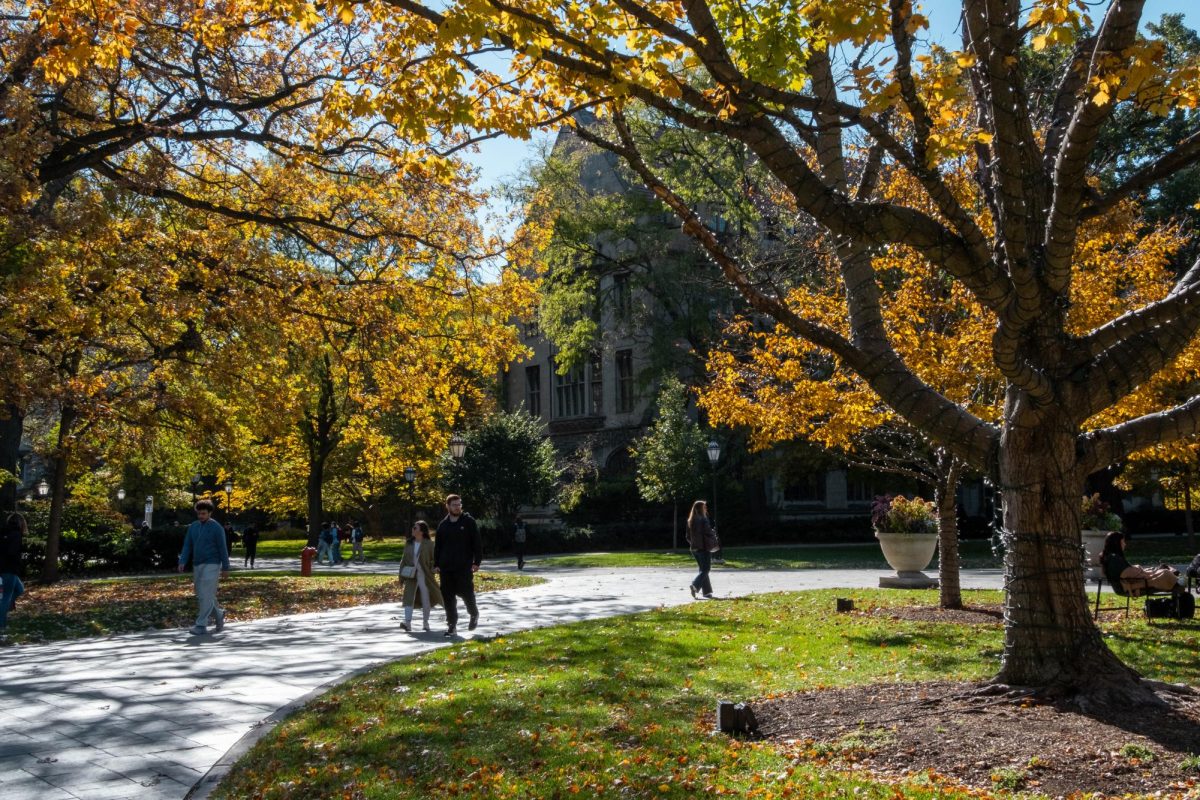Good morning.
Dining hall coming with new dorm: Dean Boyer officially announced Tuesday that the University will build a dorm at 61st Street and Dorchester after The Maroon reported the news Sunday. Boyer’s email adds that there will also be a new dining hall.
- The University had previously announced plans for construction of an 11-story conference and events center at 60th and Woodlawn and a 15-storyhotel at the corner of 60th and Dorchester. Boyer’s note said the new dorm and dining hall will be part of a “vibrant and dynamic corridor of activity on Campus South” and will help “meet the growing demand for College housing and ensure that students enjoy the same high-quality residential experience in every dorm.”
Richard Spencer wants to speak at the University. He tried to solicit an invitation from Law School professor Geoffrey Stone, according to an e-mail Stone published in HuffPost. Spencer said he wanted to come to campus in part because of the University's stated objection to safe spaces. Stonedeclined, writing, “although I would defend the right of others to invite you to speak, I don’t see any reason for me to encourage or to endorse such an event.”
‘Administrative closure’ for Title IX investigation: Per the Chronicle of Higher Education’s Title IX investigations tracker, the Department of Educationhas closed one of its three investigations into the University of Chicago. The case was resolved with “administrative closure,” which could mean (also according to the Chronicle) that the Department determined “there are no systemic allegations, the complainant has withdrawn the complaint or is no longer willing to cooperate, or another entity (an institution, government agency, or court) is simultaneously considering the same allegations.” Anotherinvestigation that was opened the same day appears to remain open.
Chicago economics in the White House: President Trump announced on Monday that Tomas J. Philipson, a Harris School professor, has been appointed to serve as one of the three members of the Council of Economic Advisors (CEA). Professor Philipson’s research focuses on health economics and he serves as director of the Becker Friedman Institute’s Health Economics program. Austan Goolsbee, an economics professor at the Booth School, was the chairman of the CEA in 2010 and 2011 during the Obama administration.
More details on 53rd and Dorchester hotel: A planned 98-room luxury boutique Hyde Park hotel, named the Sophy Boutique Hotel, is scheduled to open in the summer of 2018, according to hotelbusiness.com. The hotel is on track to obtain LEED Silver certification.
IN ARTS
Deputy Editor-in-Chief Hannah Edgar writes in:
Contributor Bryan McGuiggin muses on the timeless Romanticism of Winterreise, Franz Schubert's 1827 song cycle, which inspired a daring new staging in New York last weekend.
Incoming SG President tweets on Charlottesville: @calvincottrell on Tuesday — “Schools like UChicago must take active measures to support students: denounce hate, support diverse faculty, protect all speech. … And students must hold their admin accountable for doing so. An effort I plan to support next academic year. …”
Foldi plans to test student governments: A multi-campus free speech initiative started by College Republicans President Matthew Foldi will bring free speech resolutions before student governments in the fall, according to the Washington Free Beacon. “It's a win-win for us. Even if the attempts don't work out, we would show that students are advocating for this,” Foldi is quoted. “If students could go and say, ‘We want this and it failed,' it shows that the student government is not listening to its constituents.”
New pastures: The vice president and chief information officer (CIO) of University of Chicago Medicine, Eric Yablonka, will become Stanford Health Care’s new CIO beginning in September. Yablonka said that Stanford’s relationship to Silicon Valley made the move to Palo Alto difficult to turn down.
Strauss on how the Law School is grappling with Trump’s presidency:The New York Times reported that constitutional law classes across the country are being transformed by the many constitutional questions posed by the Trump presidency. Chicago’s Law School is no exception. Law School professor David Strauss told the Times that constitutional questions that are only encountered in other countries are now applicable in the United States. According to Professor Strauss, professors have to explain “to students how our own constitutional principles are vulnerable and what we can do about it.”








